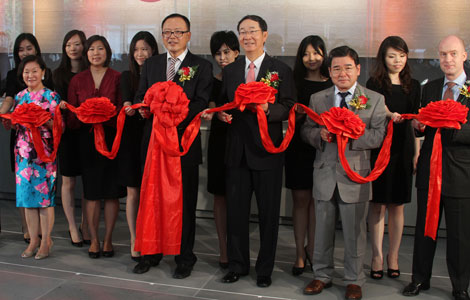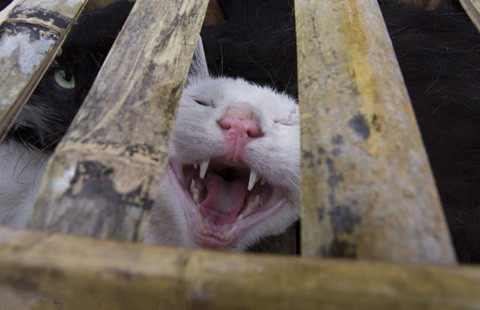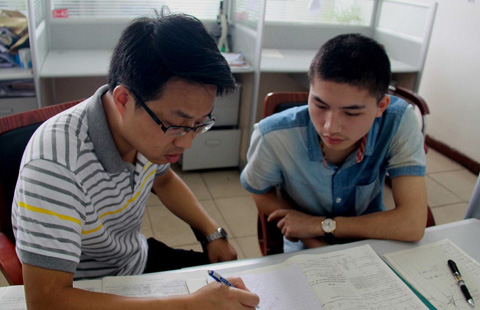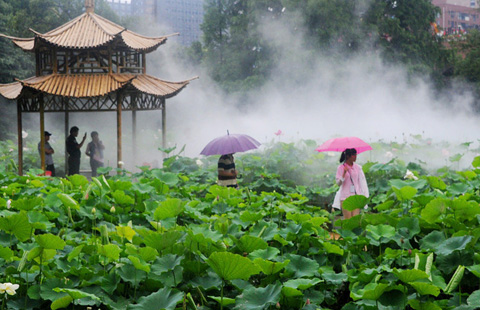Terrorism, extremism biggest threat to Uygur culture
Updated: 2014-07-04 13:31
(Xinhua)
|
|||||||||
BEIJING - Five years after fatal violence left nearly 200 dead in the city of Urumqi, the concussion created by the watershed incident has not died down.
Bigoted Western critics have never stopped challenging the country's commitment to stabilizing and developing the restive region.
One of their persistent accusations against China's Xinjiang policy is that the nation's iron-fist crackdown on terrorism and religious extremism helps eliminate the traditional Uygur culture in the autonomous region, largely inhabited by ethnic Uygurs.
That logic is fallacious. It is the terrorists and extremists who are leading the time-honored Uygur culture into the danger of extinction.
The Uygurs in south Xinjiang have to stop singing, dancing and painting, all of which the group are historically talented in, after these behaviors are labeled "non-Islam" and threatened to be banned by some extremists.
Traditional Uygur clothing, which is usually colorful and a delicate blending of Islamic and Uygur ethnic cultures, is also under threat.
The religious extremists leave the Uygur women with no choice of attire but the burka and forced veiling. Any refusal could easily invite isolation, accusation of betrayal and even life danger.
As a matter of fact, deprived freedom of entertainment and forced burka wearing have never been a part of the Uygur heritage. The extremist groups are encroaching and annihilating the Uygur culture and hijacking Islam.
It is equally unreasonable and irritating as what was happening in Somalia and Pakistan, where under the extremists' rule, pop music was banned and any other religions were labeled as heresy with their icons eradicated.
By doing so, the extremists in Xinjiang aim to strengthen the religious identity of the Uygurs and weaken their ethnic identity before they can finally separate Xinjiang, one sixth of China's total landmass, from the country.
Religious extremism, the primary motivator of acts of terrorism worldwide, has prompted a spate of terrorist attacks inside and out of Xinjiang over the past five years.
The targets of these attacks have shifted from symbols of the government, such as public security stations and police vehicles, to civilians at railway terminals, markets and residential communities.
The nationwide panic and fear these terrorists have created has inevitably led to ethnic estrangement.
The entire Uygur ethnic group has been wrongly perceived by some as terrorists and jihadists. The Uygur culture has to some degree been misinterpreted and stigmatized.
China's uphill battle against terrorism in Xinjiang is a part of the world's counter-terrorism war. To win the battle is to protect the Uygur culture.
- Mobile phone users in Urumqi exceeds 5.76 million
- Urumqi Hetian jade park gets recognition
- 'Hometown' of Urumqi suspects vows to help prevent terror attacks
- Urumqi High-tech Zone receives national honors
- Urumqi Toutunhe District official inspects CH750 aircraft
- Urumqi High-tech Zone hosts Safe Production campaign

 Macy's 'Fourth' show will include made-in-China fireworks
Macy's 'Fourth' show will include made-in-China fireworks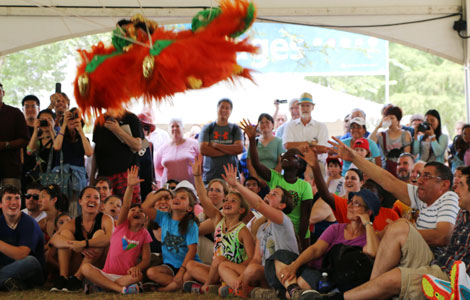
 Smithsonian Folklife Festival 2014 features China and Kenya
Smithsonian Folklife Festival 2014 features China and Kenya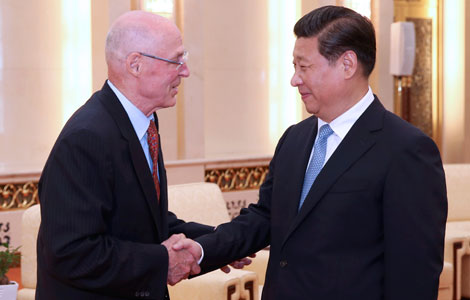
 Xi urges US to view China 'objectively'
Xi urges US to view China 'objectively'
 Xbox One readies for national debut
Xbox One readies for national debut
 Political plan
Political plan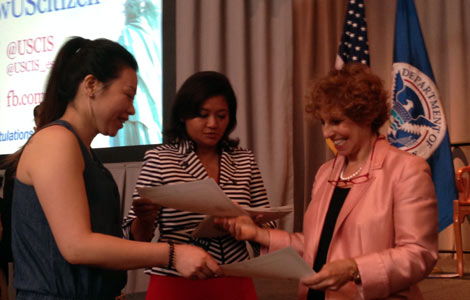
 Naturalization ceremony at New York Public Library
Naturalization ceremony at New York Public Library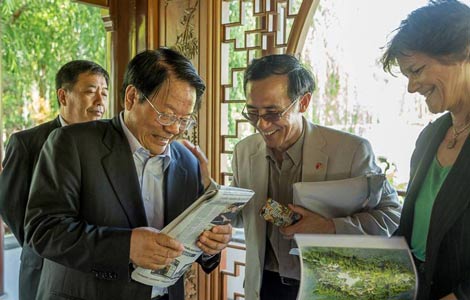
 Bridging the culture gap
Bridging the culture gap
 Consumers from China prefer niche luxury items
Consumers from China prefer niche luxury items
Most Viewed
Editor's Picks

|

|

|

|

|

|
Today's Top News
Private, foreign investment to aid tourism industry
Culture the best basis for ties
Chinese turns to US for milk products
Giving voice to voiceless people
China's presence in RIMPAC 'significant'
US hopes high for S&ED
Restrictions loosened in Shanghai trade zone
Top-level general expelled for graft
US Weekly

|

|

